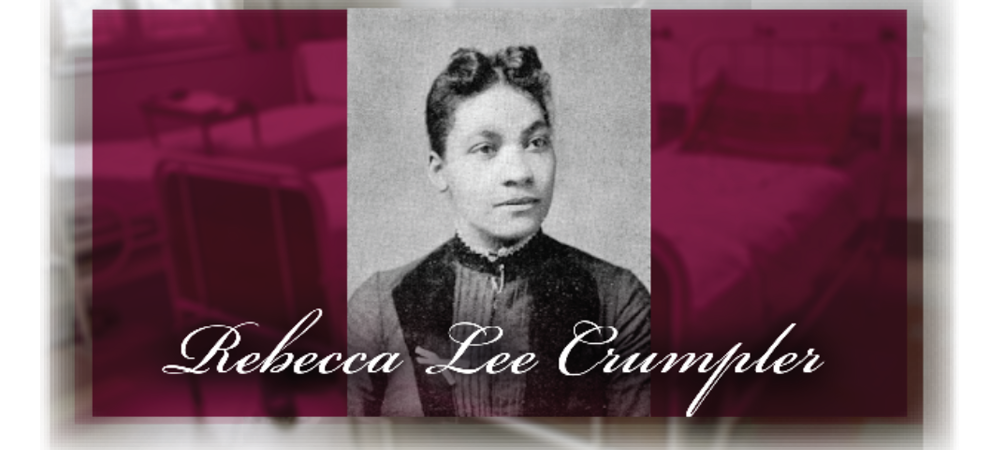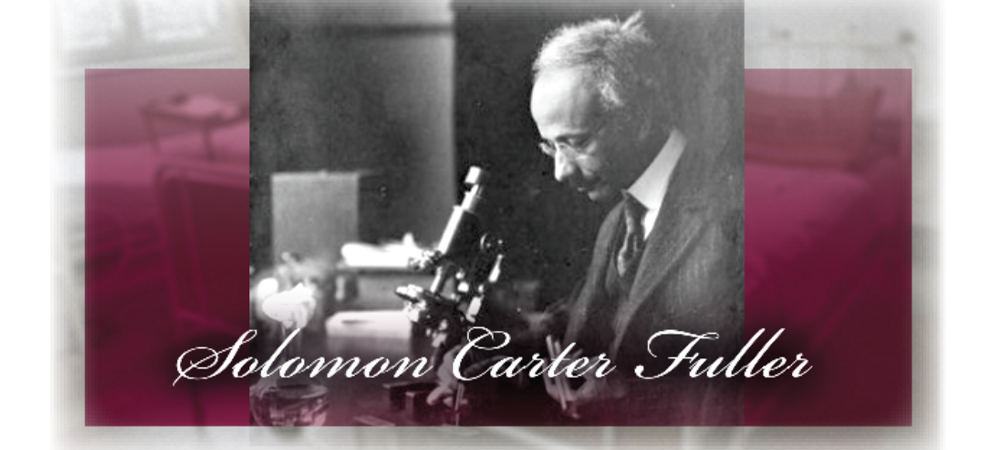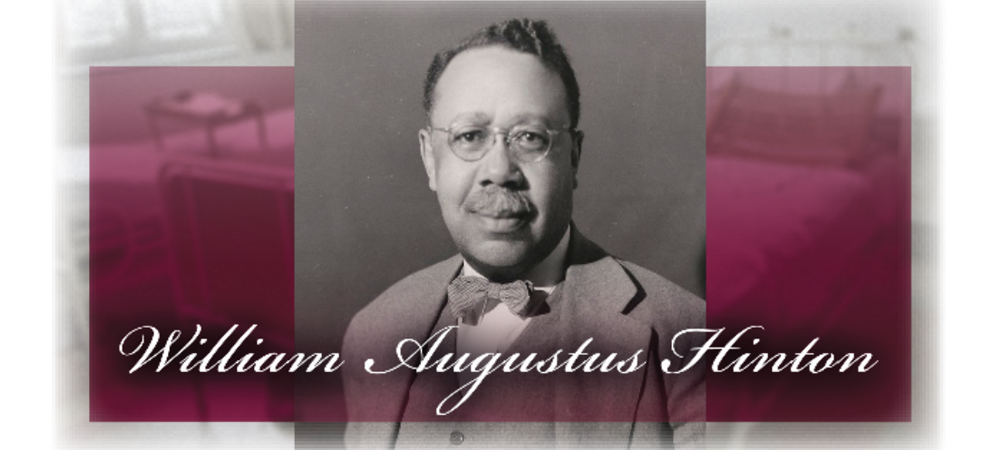As part of the Massachusetts Medical Society (MMS) initiative to address institutional racism in medicine, the MMS History Committee and other members have been examining the lives of some of the Commonwealth’s early Black physicians. These pioneering
individuals, despite persistent and inescapable racism, expanded boundaries for all physicians in patient care, research, and teaching. Here, we tell the stories of three such physicians. While we admire these great physicians for all they
achieved and find lessons and inspiration in their lives, their stories also prompt reflection on the racism that necessitated their struggle and on the continued impact of institutional racism in medicine today.
First Black Woman Physician in US Treated Freed Slaves, Wrote Medical Textbook

Rebecca Lee Crumpler, MD (1831–1895), is a true pioneer as the first Black woman to receive a medical degree in the United States. In 1860, she entered the New England Female Medical College at a time when women were considered too delicate and not intelligent
enough to earn an MD and Blacks were not allowed to enter most medical schools.
After completing her medical degree in Boston in 1864, Dr. Crumpler dedicated her career to providing care to those who otherwise lacked access to medical care. Facing mounting discrimination when providing care to Black patients and being denied the
opportunity to prescribe medications to her patients, she was drawn to practice in Richmond, Virginia, after the Civil War ended in 1865. There, she collaborated with the Freedman’s Bureau to care for freed slaves, given the enormous mounting
medical needs in the Black community.
In the late 1860s, Dr. Crumpler returned to Boston and continued practicing medicine in the Beacon Hill neighborhood, which was predominately Black at the time. She cared for the sick regardless of their ability to pay. Becoming the first Black physician
to write a medical textbook, Dr. Crumpler published A Book of Medical Discourses (1883), which advised readers on how to treat young children and women of childbearing age. Later in life, Dr. Crumpler moved to Hyde Park
where she passed away at age 64 and was buried in Fairview Cemetery. Only recently, a local history buff discovered that the graves of Crumpler and her husband were unmarked; after a fundraising appeal, headstones were placed in July 2020.
Dr. Crumpler’s life is exemplary of how to fight to ensure proper care to Black communities. Black physicians today continue the work that she started in fighting health disparities. We honor Dr. Crumpler in all her accomplishments. I hope all physicians
continue to lead by her example to ensure equal access to care for our patients and equity for our colleagues.
— Ellana Stinson, MD, MPH, MMS member,
president of the New England Medical Association
Trailblazer in Biological Psychiatry Made a Mark as Researcher, Teacher, and Clinician

Solomon Carter Fuller, MD (1872–1953), the country’s first Black psychiatrist, was a pioneering neuropathologist, medical educator, and clinical psychiatrist. Best known for his research and publications on brain pathology associated with the
dementias, in 1899 he became one of the first Black physicians to receive a faculty appointment to an American medical school other than Meharry Medical College or Howard University College of Medicine.
Born in Liberia, he came to the United States in 1889 to attend Livingston College in North Carolina. His paternal grandfather was an enslaved Virginian bootmaker who bought his family’s freedom and moved to Liberia in 1852 when racial hostilities became
intolerable. His maternal grandparents were African American medical missionaries who served in Liberia.
In America, Dr. Fuller encountered lifelong racism. He went to great lengths to seek training and career opportunities, through which he achieved professional excellence and substantial accomplishments. He graduated college with honors, was accepted at
Long Island College Hospital’s medical degree program, and then transferred to Boston University School of Medicine (BUSM) where he became interested in the emerging field of neuropathology.
After graduation in 1897, Dr. Fuller served a two-year pathology internship at Westborough State Hospital. When he learned that he was paid considerably less than a junior White colleague, he negotiated for research time, thus creating his own learning
incubator. By 1899, his growing expertise in neuropathology led to a hospital appointment at Westborough as a pathologist and a faculty appointment at BUSM. In 1904, he received paid leave for post-graduate study with Drs. Emil Kraepelin and
Alois Alzheimer in Germany, for which he taught himself German.
Dr. Fuller returned to Westborough as a pathologist, with substantially better pay, and published his research over the next two decades. He then worked as a consultant, including at Massachusetts General Hospital, until 1939. He also lectured at Harvard
and maintained private psychiatric practices in Boston and Framingham. While at BUSM, he created a leadership training program for Black medical school graduates. After teaching at BUSM for 34 years, he retired as emeritus professor of neurology.
Dr. Fuller joined the Massachusetts Medical Society in 1915. He also was a member of the American Medical Association and the American Psychiatric Association, which in 1969 established an annual award in his honor.
In 1974, the Solomon Carter Fuller Mental Health Center in South Boston was dedicated in his memory.
— Edith Jolin, MD,
MMS History Committee vice chair
No Boston Hospital Would Hire This Pioneer in Public Health

William Augustus Hinton (1883–1959), youngest graduate of his high school, completed a three-year premed program at the University of Kansas in two years before transferring to Harvard College. He entered Harvard Medical School in 1909, worked in the
laboratories of Richard Cabot and Elmer Southard, and graduated cum laude three years later.
However, he could not get an internship at any Boston hospital; none of the hospitals accepted African American trainees. He was welcomed in the Department of Neuropathology at Massachusetts General Hospital as a volunteer. There, he performed and taught
the Wassermann test for syphilis, made clinical observations, and performed autopsies on syphilis cases.
In 1915, Dr. Hinton became the director of the Wassermann Laboratory at Harvard Medical School (HMS), which transferred to the Massachusetts Department of Health shortly thereafter. He remained chief of the Wassermann Laboratory for the next 38½ years,
implemented the first organized syphilis testing evaluation and quality control program, developed the Hinton nontreponemal test for syphilis (recognized by the US Public Health Service as the best available test in 1934), and provided diagnostic
testing for state public health and livestock disease control programs.
He became an internationally recognized expert on syphilis diagnosis and treatment, and on other sexually transmitted infections. In 1916, he became physician-in-chief of Clinical Laboratories of the Boston Dispensary. He created the first medical technology
program specifically for women. His single-author Syphilis and Its Treatment was published in 1936. Dr. Hinton also was a member of the MMS. In 1949, a year before he retired, HMS promoted Dr. Hinton to the rank of professor,
the first African American to hold that title at HMS. He was named clinical professor of Bacteriology and Immunology.
In 1938, the NAACP awarded Dr. Hinton its highest award, the Spingarn Medal, but he declined it. He was the only person ever to do so. He wanted his work to stand on its own merit and not his race. “Race should never get mixed up in the struggle for human
welfare,” he was quoted as saying in Ebony magazine, October 1955. It is not clear whether he did not want his work to be discounted or overappreciated because of race.
Dr. Hinton has been admired for all that he accomplished despite the racism he experienced. Perhaps, we should also contemplate what this remarkable man could have achieved without the overt and explicit structural racism he was forced to live with, while
we reflect on the impact of structural racism today.
— Alfred DeMaria Jr., MD,
MMS History Committee chair
